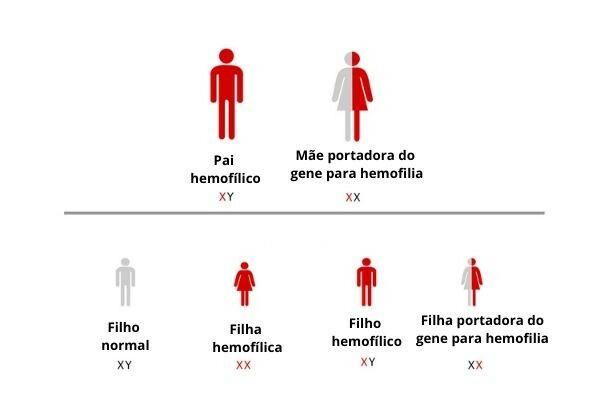The identity card we know will soon cease to exist with the arrival of the new version, which was supposed to start being implemented throughout the country by the end of March. However, so far there are only 4 states that offer the new ID card to everyone. Here they are.
Check out the only states ready to issue the new identity card
see more
How to get your CNH for free in 2023?
After hacker attacks, Microsoft releases free tools for…
In March 2022, the emergence of the CIN was announced, a document that appears to replace the identity card that we know. When announcing, the government set a period of one year for all other states to adapt to the new document.
Therefore, the new identity card was to start being issued in all states of the Brazilian territory by the beginning of this month. However, the reality is that, so far, only 4 of the 26 states are ready to issue these IDs to everyone. They are: Acre, Alagoas, Mato Grosso and Santa Catarina.
Because of this, the government decided to extend the deadline, which will now be until November 6th. Meanwhile, the other 22 states and the Federal District are in testing phases or implementing the CIN.
CIN so far
For now, the issuance of this document is still limited in some places or for some portion of the population in 10 states. They are: Minas Gerais, Goiás, Paraíba, Paraná, Pernambuco, Piauí, Rio de Janeiro, Rio Grande do Sul, Rio Grande do Norte and the Federal District.
In Rio de Janeiro, for example, only children up to 11 years old who already have CPF can issue the CIN.
For the other 12 states, the government pledged to help them to be ready to issue them all by November.
How will the change occur?
The change will happen gradually and free of charge, so there is nothing to worry about. In addition, current RGs are valid until February 28, 2032. For those who are in need of a new RG, but still cannot acquire the CIN, the states continue issuing RG normally for the time being.
What will CIN be like?
The CIN is a document that will contain the most important information of the citizen. Are they:
- Name of the person and social name (if any);
- CPF, gender, date of birth, nationality or place of birth, signature of the holder (optional in cases of illiteracy, disability or momentary loss of function);
- Names of the mother and father (if any);
- Issuing agency, place and issue;
- QR Code for electronic validation;
- Blood type information;
- Information about organ donation.


